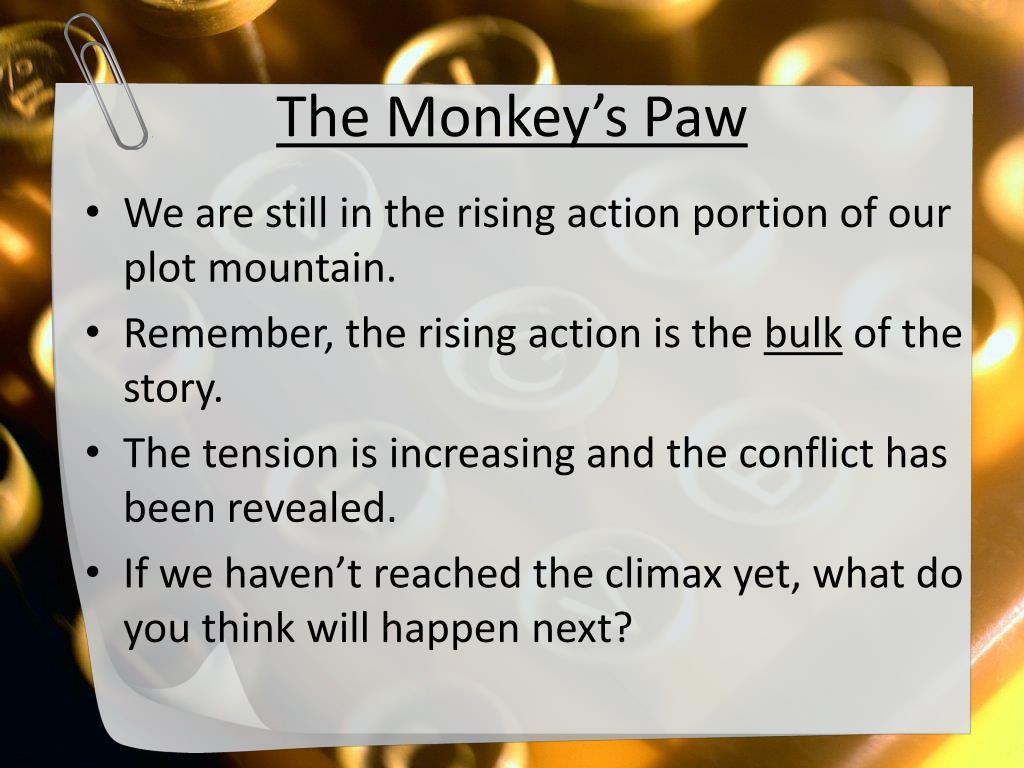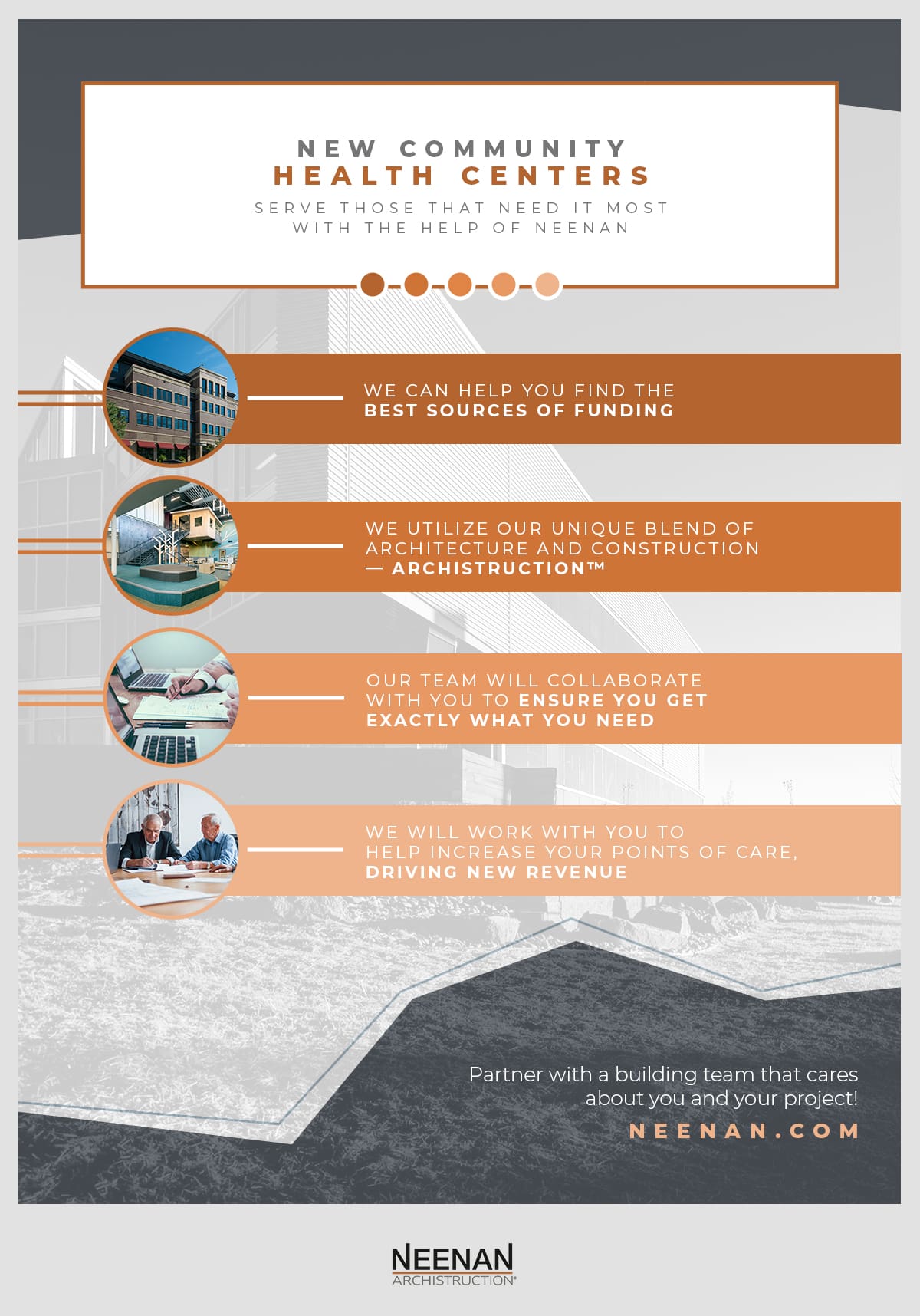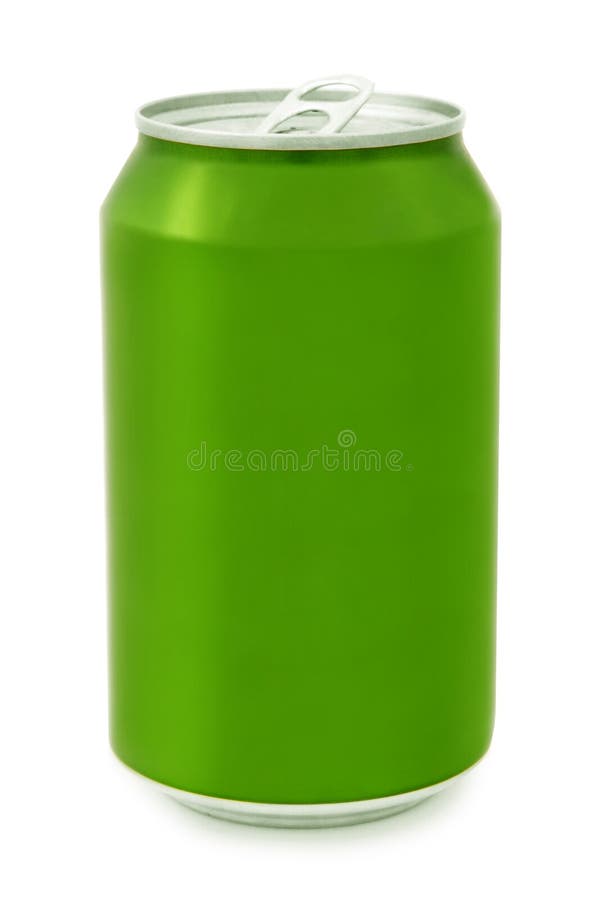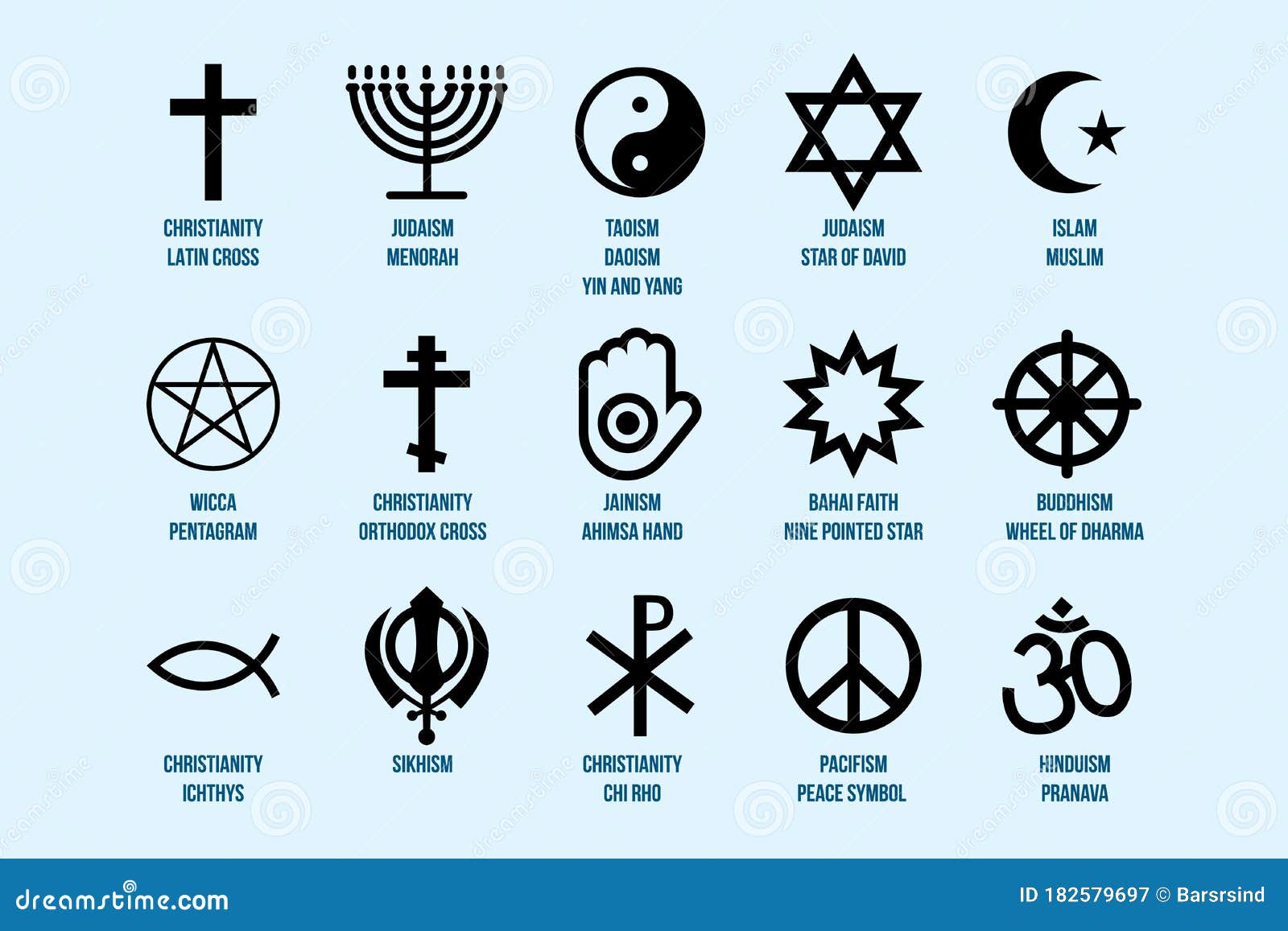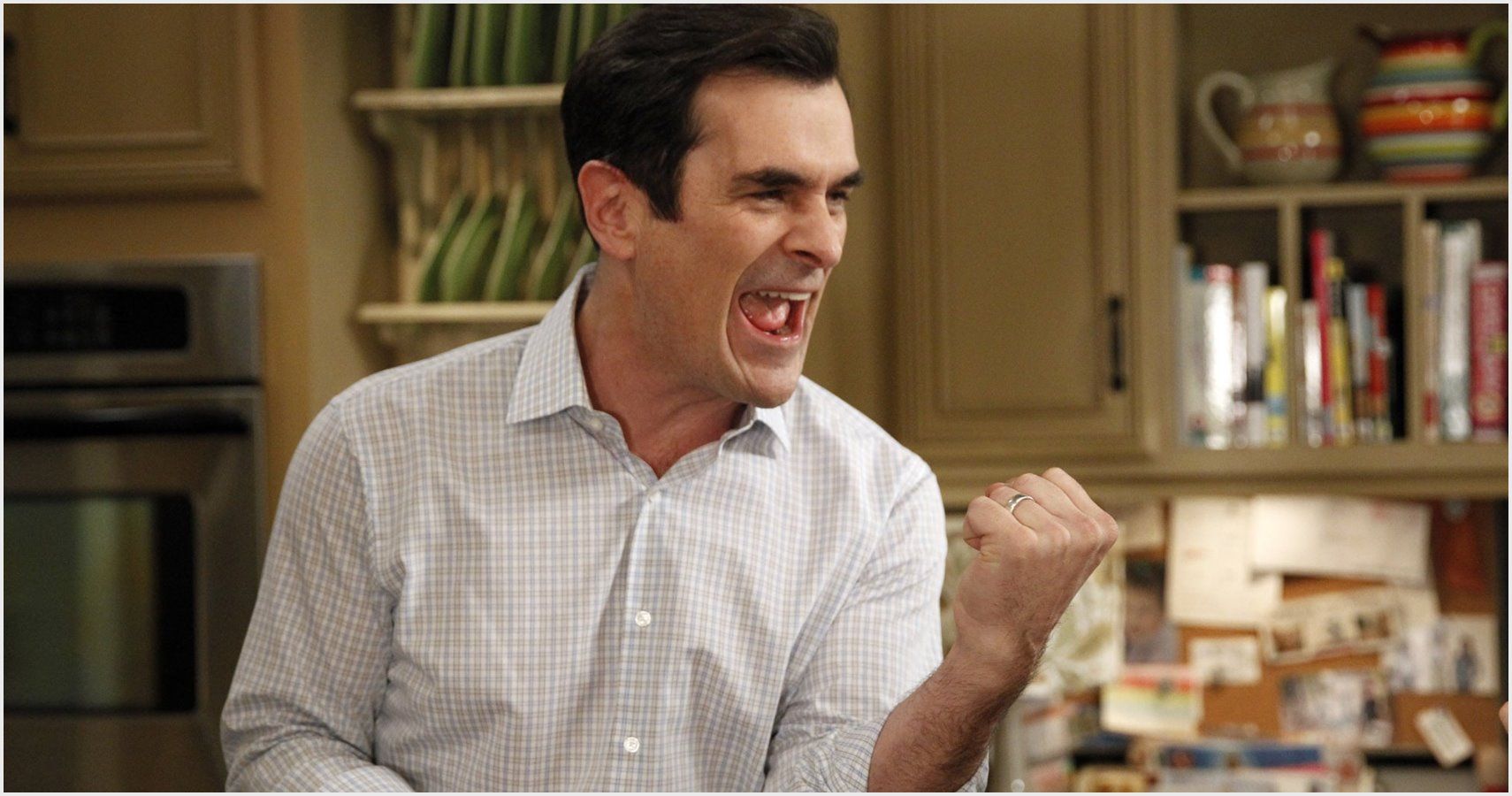Unlocking Vitality: Engage, Learn, and Thrive with Health & Wellness Trivia
Introduction: The Power of Health and Wellness Trivia
Health and wellness trivia are more than just fun facts-they are gateways to understanding core principles of well-being and applying them in daily life. Whether you’re hosting a team-building event, looking to motivate a group, or simply want to deepen your own health knowledge, interactive trivia questions can inspire curiosity and action. This article explores how trivia can enrich your wellness journey, offering step-by-step guidance, real-world examples, and alternatives for every major concept.

Source: wftv.com
Section 1: How Trivia Enhances Health Knowledge
Engaging with health and wellness trivia helps individuals identify gaps in their understanding and encourages lifelong learning. For example, questions about the benefits of regular exercise or the impact of nutrition can spark discussions around practical habits and evidence-based choices. Trivia formats, such as quizzes or bingo, often incorporate instant feedback and bite-sized tips that motivate participants to apply what they learn in real life [3] . This process not only deepens your health literacy but also boosts confidence in navigating wellness topics.
Section 2: Key Areas Covered by Health and Wellness Trivia
Wellness trivia typically spans several core areas:
- Physical Wellness: Questions might ask about the number of steps in a mile or highlight the role of exercise, such as walking, in reducing health risks. For instance, about 2,200 steps equal one mile, making step challenges an accessible fitness goal [1] .
- Mental Wellness: Trivia can explore the definition of stress, types of stress responses, and self-care practices, helping participants recognize the importance of emotional balance and mental health [5] .
- Nutritional Awareness: Common questions involve the sources of essential nutrients like Vitamin C (found in oranges and bell peppers) and the effects of consuming sugary foods on dental health [1] [2] .
- Preventive Care: Trivia may address the importance of vaccines in preventing illnesses such as influenza and pneumonia, and highlight lifestyle changes, like quitting smoking, for disease prevention [1] .
- Occupational Wellness: Participants learn about maintaining a healthy work-life balance and the value of professional development in overall well-being [2] .
Section 3: Implementing Health Trivia for Teams and Individuals
To maximize the impact of trivia, consider these actionable steps:
- Choose a Reliable Source: Select trivia questions from established health organizations or reputable educational sites. For example, Ryptic Team Building offers curated questions that span basic anatomy, medical facts, and habits [4] .
- Customize for Your Audience: Adapt the level of complexity to match your group’s knowledge. Beginners might focus on fundamental concepts, while advanced participants can tackle questions about biochemistry or disease prevention.
- Facilitate Engagement: Use interactive formats like bingo, quizzes, or live events. Encourage discussion after each question to reinforce learning and promote group bonding [1] .
- Track Progress: Offer instant feedback and keep score to motivate ongoing participation. Recognize achievements to boost morale and commitment.
For individuals seeking self-guided improvement, online quizzes such as those found on Quiz Maker let you test your knowledge and get practical tips for everyday wellness [3] .
Section 4: Real-World Applications and Examples
Consider the following ways trivia can be woven into daily routines:
- Workplace Wellness: Regular trivia sessions can cultivate a culture of health, encourage physical activity, and reduce stress. For example, integrating questions about healthy snacks or hydration prompts employees to make smarter choices.
- Community Programs: Local wellness fairs, senior centers, or youth groups can use trivia to educate about preventive care, such as the benefits of vaccines and regular check-ups [1] .
- Family Engagement: Trivia games at home foster positive habits, spark conversations about topics like sleep hygiene, and encourage family members to set health goals together.
For instance, a trivia question about the skin’s surface area can segue into discussions about sun safety and the importance of using sunscreen [4] .
Section 5: Overcoming Challenges and Finding Alternatives
Some participants may feel intimidated by health topics or struggle with complex terminology. To address this:
- Simplify Language: Start with foundational questions and gradually introduce advanced concepts.
- Promote Inclusivity: Encourage all participants to contribute, regardless of their prior knowledge. Offer hints or create collaborative teams.
- Use Multiple Formats: If live events aren’t feasible, consider digital quizzes, printable bingo sheets, or mobile apps. Many platforms, such as OnlineExamMaker, provide customizable quizzes with instant results [2] .
If you need more resources, you can:
- Search for “health and wellness trivia questions” on established health organization websites.
- Contact your local health department about public wellness education programs.
- Consult your medical provider for personalized advice and resources.
Section 6: Step-by-Step Guidance for Accessing Wellness Opportunities
To leverage trivia for personal or group wellness improvement, follow these steps:
- Identify the wellness topics most relevant to your goals, such as nutrition, mental health, or preventive care.
- Source trivia questions from verified educational sites, community organizations, or health professionals. For example, download a bingo sheet from Superior Health’s website or access curated quizzes from OnlineExamMaker [1] [2] .
- Organize a trivia session, either in person or online. Encourage open discussion and reflection after each question.
- Apply the practical advice embedded in trivia responses-such as increasing daily steps, eating more fruits, or practicing stress management techniques.
- Review progress regularly and seek out new trivia sources to keep learning fresh and engaging.
If you would like to participate in interactive quizzes, visit the Quiz Maker wellness trivia page [3] . For printable materials and group activities, consider resources from Superior Health [1] . For expert guidance on medical topics, the Ryptic Team Building blog offers comprehensive trivia and explanations [4] .
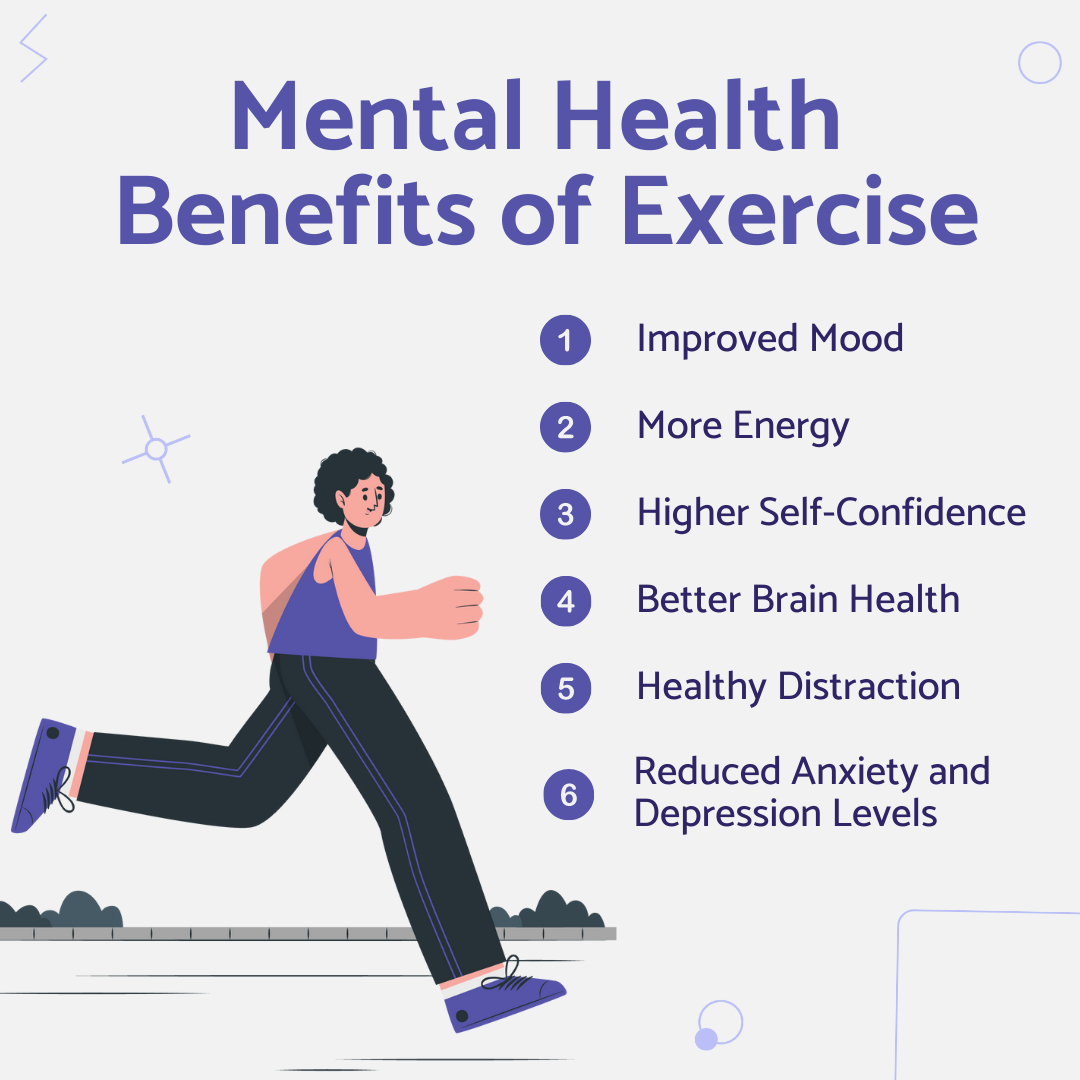
Source: limberhealth.com
Conclusion: Inspire, Learn, and Transform Through Trivia
Health and wellness trivia are powerful tools for education, motivation, and behavior change. By engaging with reputable questions, discussing answers, and implementing practical tips, you can build habits that support lifelong vitality. Use the step-by-step guidance and resources above to start your own trivia-based wellness journey today, and don’t hesitate to reach out to local health organizations or professionals for further support.
References
- [1] Superior Health (2023). Trivia for Your Health Bingo PDF. Printable trivia and bingo for community wellness events.
- [2] OnlineExamMaker (2023). 30 Wellness Quiz Questions and Answers. Digital quiz platform with customizable wellness content.
- [3] Quiz Maker (2025). Think You Know Wellness Trivia? Interactive online health and wellness quizzes.
- [4] Ryptic Team Building (2023). 63 Medical and Health Trivia Questions. Blog covering medical facts for group education.
- [5] McGill University Health Promotion (2022). Mental Health and Wellness Trivia. PPT resource for mental wellness education.
MORE FROM cheerdeal.com
